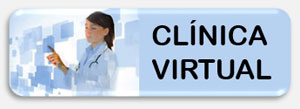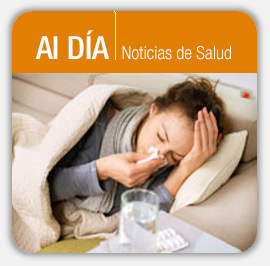Enseñando a niños la importancia de la limpieza personal
La fiebre porcina nos recordó cuan importante puede ser lavarnos las manos. Varios estudios han demostrado que un simple lavado de manos puede disminuir las enfermedades gastrointestinales contagiosas en un 50% y las enfermedades respiratorias contagiosas en un 20%.
Ahora que las escuelas están en riesgo de contagio para la fiebre porcina, un investigador de la Universidad de Tel Aviv está llevando este mensaje a educadores e investigadores
La Dra. Laura Rosen trabajó en un programa para educar a niños y niñas- y a sus profesores- en el buen sentido del lavado de manos. Y ella ha obtenido un resultado sorprendente: combinando espectáculos de títeres y canciones, ha incrementado la práctica del lavado de manos antes del almuerzo en las escuelas participantes desde un 25% hasta un 60%. Sus hallazgos fueron publicados en el volúmen de marzo del 2009 de Health Education Research.
http://www.medicalnewstoday.com/articles/152614.php
Dr. Rosen, of Tel Aviv University’s School of Public Health, studied 40 pre-schools and kindergartens in the Jerusalem area and discovered that teachers were often unaware of the direct connection between handwashing and health. “There was no connection being made between hygiene and illness,” she said, “so basic hygiene wasn’t being taught.”
Educating the Educators
Some of the practices in the pre-schools and kindergartens, such as the use of communal cups and common towels, indicated the need for education on disease transmission. Many of the educators lacked knowledge of how illness can be transferred. “We mostly wanted to get the message through to the educators,” says Dr. Rosen. “The teachers had a really important role – whether the kids were washing their hands or not depended on the teachers,” who needed to provide an example for their charges.
To change the teachers’ behavior, Dr. Rosen and her fellow researchers used a multi-pronged approach that focused on the children as well. “You need to work on attitude,” she explains. “We ran seminars for teachers and taught them about the transmission of diseases.”
The next step for Dr. Rosen was to give the schools the tools they needed to put the theory into practice. “It was essential to give teachers the tools to change their students’ behaviour,” she said. “Some places didn’t even have soap. If you have a population that knows how important it is to wash hands, but doesn’t have soap, they aren’t in a very good situation. We also wanted to cut back on the sharing of cups, so we gave them individual cups.”
Seeing Is Believing
Dr. Rosen and her fellow researchers communicated the importance of handwashing to the educators with the use of a petri dish experiment. They asked educators to put their hands in three dishes: the first without washing their hands, the second after washing with water, and the third after washing with water and soap. By seeing colors that highlighted the bacteria, the educators could see the effects of handwashing for themselves, says Dr. Rosen.
Dr. Rosen first decided to tackle the issue when she became frustrated with the frequent illnesses of her own young children. “As a mother, I couldn’t figure out what was happening,” she said. “I was looking for ways to keep my family healthy.” Her research was conducted when she was a PhD student at Hebrew University.
“The major lesson is that hygiene and the transmission of illness are ongoing concerns,” she concludes. “And children have better things to do than to be sick all the time.”
Publicado: jun 5th, 2009. ![]()










